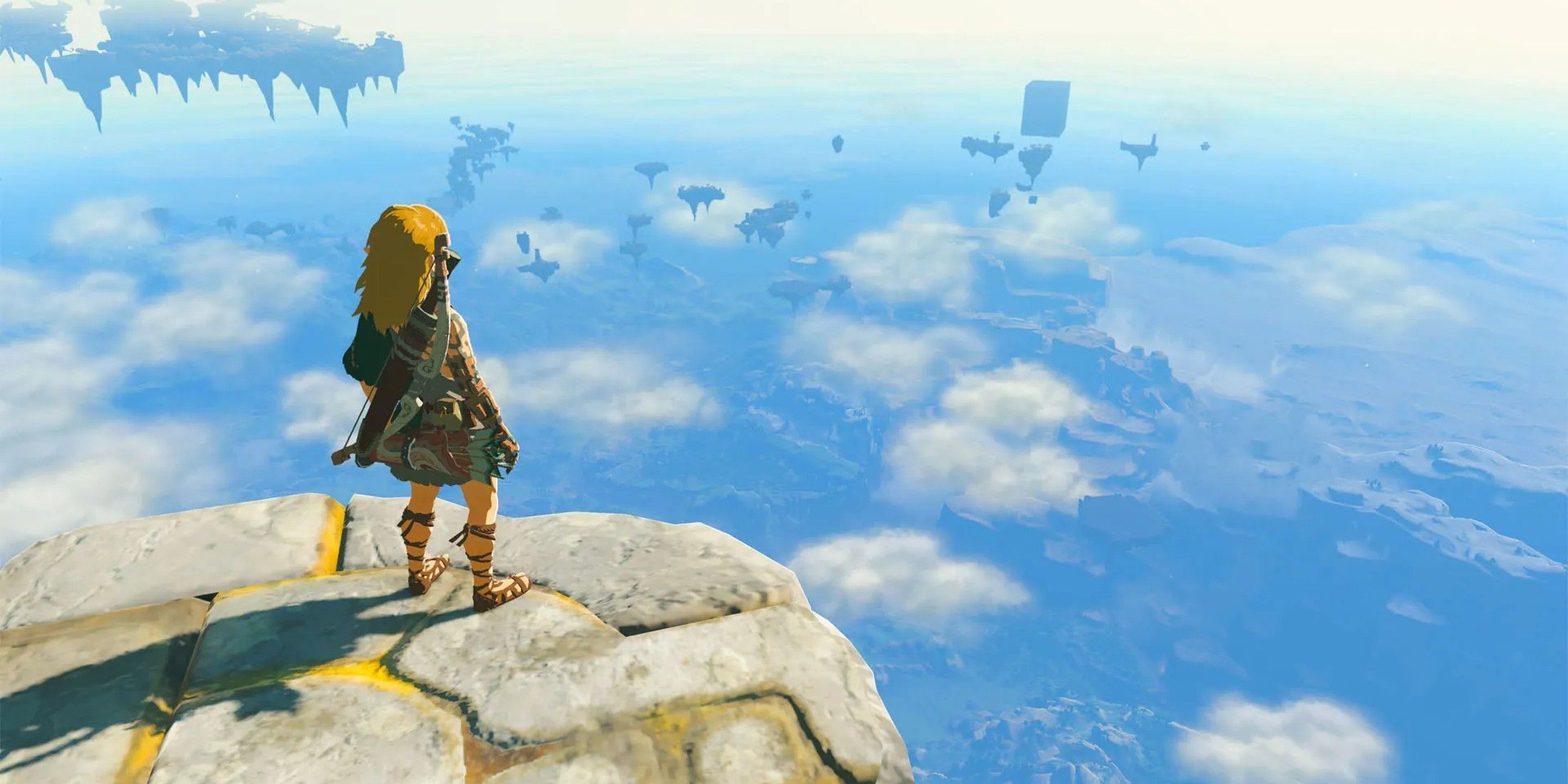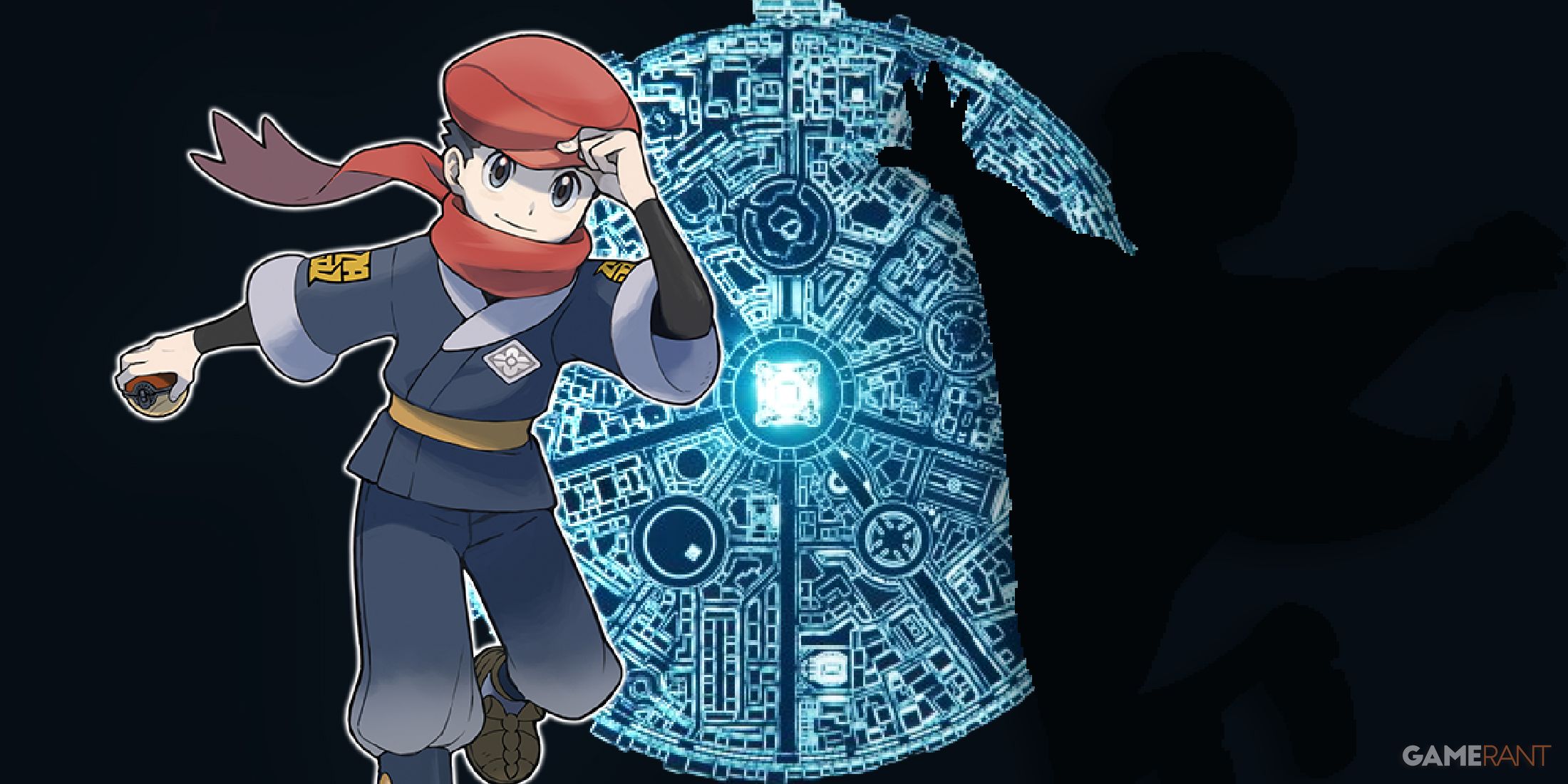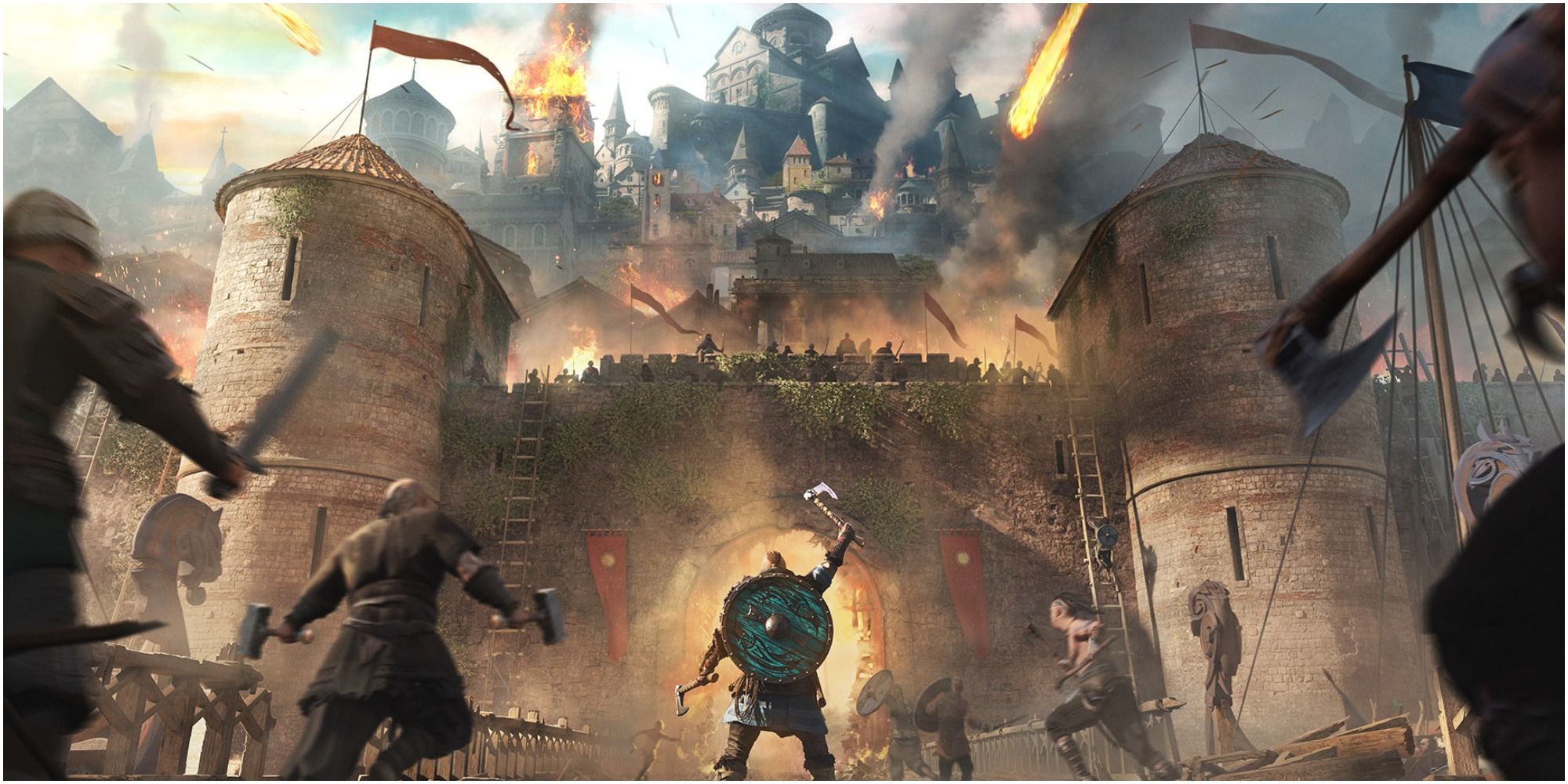Ubisoft is a giant in the gaming industry, and its popularity is largely due to the open-world games it has put out which remain some of the most successful in the genre. The Assassin's Creed series, for example, is unavoidable within gaming, and though it has covered different time periods across its many titles, the games have been applauded by critics for providing detailed and immersive open-worlds. Similarly, the Far Cry series takes FPS gaming to an open-world setting, and the latest entry in the series, Far Cry 6, manages to explore complex political themes while providing the same high-energy action that gamers have come to expect from the franchise.
Because Ubisoft's open-world games have become so ubiquitous, some gamers have begun to complain that they are fatigued by them and their somewhat predictable format. This may be a sign that Ubisoft would be wise to focus on other gaming genres, such as the stealth genre. Fortunately, Ubisoft's past games have shown that the studio can craft great stealth gaming experiences.
Too Many Ubisoft Open-World Games Can Cause Fatigue
Ubisoft is a large company, which allows it to consistently release big-budget AAA games. However, there are some disadvantages to constant releases, especially when it involves near-annual releases from the same franchises. Most notably, it can lead to releases becoming repetitive and derivative when there is no time to focus on creativity and innovation, which tends to extend development periods. Consequently, due to the seemingly never-ending stream of open-world games from Ubisoft, gamers have begun to grow fatigued by them.
This is seen, for instance, with the negative connotations that have developed around certain common Ubisoft open-world elements, including the infamous "Ubisoft towers" which have since been adopted by several open-world games developed by other studios. While Ubisoft towers may have been an ingenious innovation at one point, their ubiquity has caused them to become an unavoidable open-world element used too many times. Taking a break from its preferred genre could allow Ubisoft to once again be a creative force in gaming, rather than a mill for predictable open-world games.
Stealth in Past Ubisoft Games
Stealth elements have been present in many Ubisoft games, and they have often been implemented quite well. This is seen, for instance, in Watch Dogs: Legion, which gives gamers multiple methods of taking down enemies. Gamers who love action-packed experiences will likely prefer more direct confrontation, but for players who prefer employing a bit more strategy, it is possible to creep around and eliminate enemies before they even know they are being hunted. It is also possible to make use of distractions that lower a target's awareness, making them easier to sneak up on.
It seems Ubisoft is aware of the appeal of the stealth elements of its games, as in 2022 it was reported that the company is working on an Assassin's Creed Valhalla spinoff that is focused on stealth. Codenamed Rift, the game will center on Valhalla's Basim, and according to Bloomberg, it is expected to release in 2022 or 2023. Bloomberg's source claims the "game won’t be a massive open-world role-playing game like previous recent entries, focusing instead more on stealth gameplay," and it is being released to fill in Ubisoft's thin release schedule.
Over the years, Ubisoft has proven itself to be alarmingly effective at developing open-world games with mass appeal. However, with the gaming market flooded with similar titles, it may be best for Ubisoft to further diversify its offerings. The stealth genre may be Ubisoft's best choice, as stealth elements in its past games have been excellently implemented. Hopefully, the upcoming Assassin's Creed spinoff will spark a change in course for Ubisoft which encourages it to be less reliant on cookie-cutter open-world games, and more willing to explore other genres.






